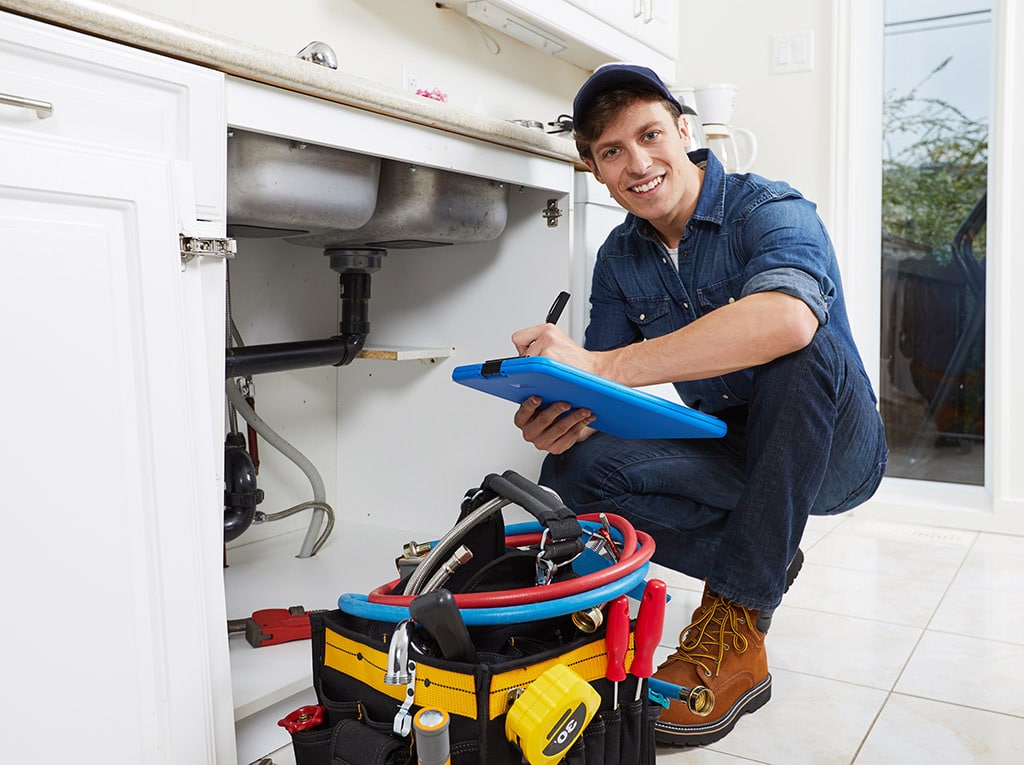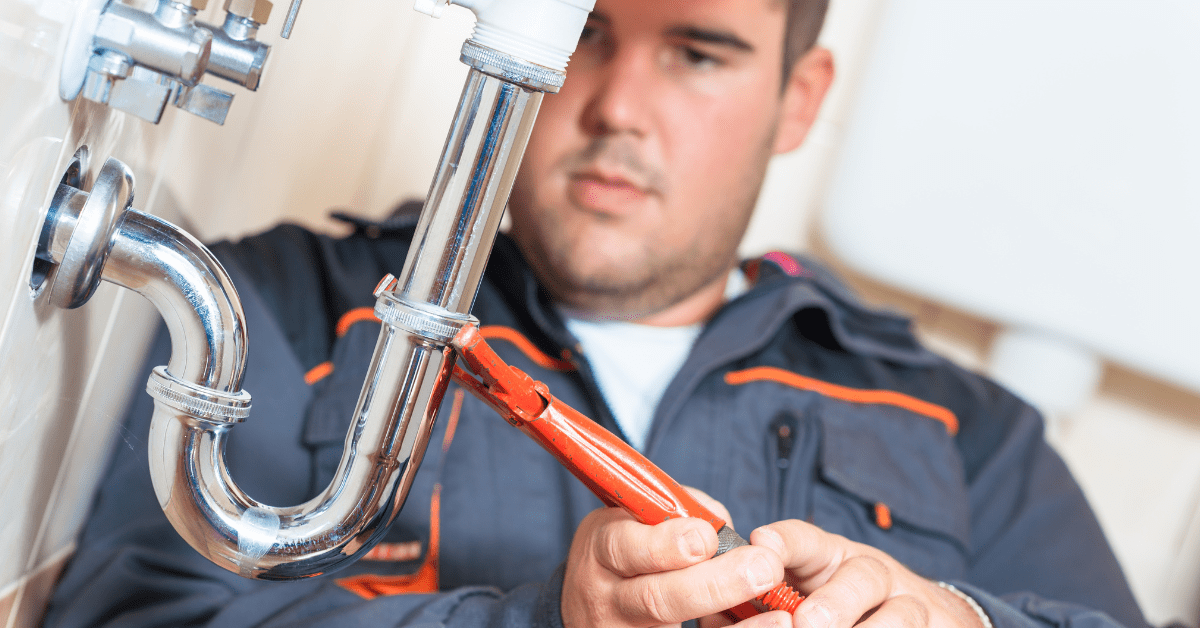
Plumbers are most needed when emergencies strike quickly. Water system problems, including leaking pipes, clogged drains, and nonfunctional water heaters, will both interrupt your day-to-day activities and produce significant damage unless correctly resolved by skilled professionals promptly.
Making hasty decisions to hire any available plumber turns out to be an ill-advised strategy. Pittsburgh residents who encounter plumbing issues because of its modified climate and antique residential structures require a trustworthy plumbing expert to resolve their needs.
Finding an excellent plumber Pittsburgh does not require complicated evaluation processes. Following several essential verification steps allows you to select someone who possesses excellent integrity while possessing the skills to handle your problem effectively and within reasonable cost.
Start with Licensing and Insurance

In Pennsylvania all plumbers need to acquire a license to work on projects which entail public systems or involve larger construction work. All Pittsburgh home and business owners need to confirm their selected plumbers maintain current licenses issued by the City of Pittsburgh Department of Permits, Licenses, and Inspections (PLI).
Check their license number then verify it through available state or local resources. The license verification demonstrates that the plumber completed necessary certifications and follows building requirements along with holding sufficient skills needed for lawful and secure repair work.
Just as important is insurance. It is fundamental that dependable plumbers maintain liability insurance together with workers’ compensation insurance coverage.
The combination of property liability insurance protects home assets during accidental incidents and workers’ compensation shields the plumber’s crew when employed personnel sustain injuries at work. Any plumbing engagement with an uninsured professional may result in you being responsible for their mistakes and accidents. Follow this page for more.
Look for Experience in Pittsburgh’s Housing Styles
Pittsburgh has a unique mix of housing types, from old brick homes in Shadyside and Squirrel Hill to new homes and lofts that have been fixed up downtown. Taking care of the pipes for each one is different.
A plumber who has worked in Pittsburgh for a long time will know about the city’s unique plumbing problems, such as old pipe systems, iron or clay sewer lines, and issues that come up when it freezes in the winter. Find out how long the plumber has been working in the area and what kinds of homes they’ve worked on.
Local plumbers with a lot of experience are more likely to know about infrastructure problems that are unique to your neighborhood, as well as city plumbing rules and how to get permits for bigger projects.
Read Reviews and Ask for References
Review sites are one of the best ways to learn about a plumber’s name. In addition to reading reviews, you should also ask the plumber for names of recent customers they’ve worked with. A professional you can trust will be happy to give you some names.
Ask the sources about the work that was done, how quickly it was done, how well it was fixed, and whether the price was the same as the estimate. The more you discover, the surer you’ll be in your decision to hire the right pro. Read more here: https://www.wsmv.com/2025/01/08/better-business-bureau-offers-tips-finding-trustworthy-plumbers-ahead-winter-weather/.
Ask About Specialties and Services
There are different kinds of plumbers who do different things. Some may only do emergency fixes, while others may focus on remodeling bathrooms, installing gas lines, or taking care of sewers and drains. Make sure that the plumber you are thinking about has dealt with problems like yours before.
Check to see if they are available 24/7 in case of an emergency and ask how long it will take for them to respond. Having access to emergency plumbing can be very helpful in a place like Pittsburgh, where basements can flood during heavy rain or quick snowmelt.
Compare Written Estimates
Get written quotes from at least two or three plumbers if you can. A good plumber will give you a clear breakdown of the fees for labor, parts, and anything else. They will also be honest about any possible extra costs.
Be wary of bids that are way too low; it could mean that they’re skimping on supplies or adding extra fees at the end. On the other hand, the most expensive quote isn’t always the best. Look at each price along with the company’s experience, reputation, and warranty options.
Evaluate Communication and Professionalism
From the first email or phone call, pay attention to how the plumber talks to you. How quickly do they answer messages? Are they polite and careful when they answer questions? Do they seem willing to wait and explain things in plain English?
A lot of the time, good conversation means good service. A good plumber will make you feel at ease, keep you up to date on the work, and be respectful of your house.
Also, take a look at the order and presentation. Do they show up in a brand-name car? Do they dress in a suit and bring work tools? There are little things that can show how seriously someone takes their work.
Ask About Warranties and Guarantees
Plumbers you can trust will stand behind their work. Find out what kind of guarantee they give on both the parts and the work. There are plumbing companies that offer guarantees for 30, 90, or even a year, based on the service.
Get the protection in writing. This lets you know that if something goes wrong after the fix or installation, you won’t have to pay for it again.
Confirm Local Permitting and Compliance
In Pittsburgh, you need permission from the city to do some plumbing jobs, like replacing water heaters, moving pipes, or working on sewer lines. A trustworthy plumber will know what you need and will take care of getting the permits for you.
It’s a big red flag if a plumber tells you they can skip the permit to “save time” or “cut costs.” Did you know that work that wasn’t allowed can make it harder to sell your home? If damage happens, your homeowner’s insurance may not cover it.
